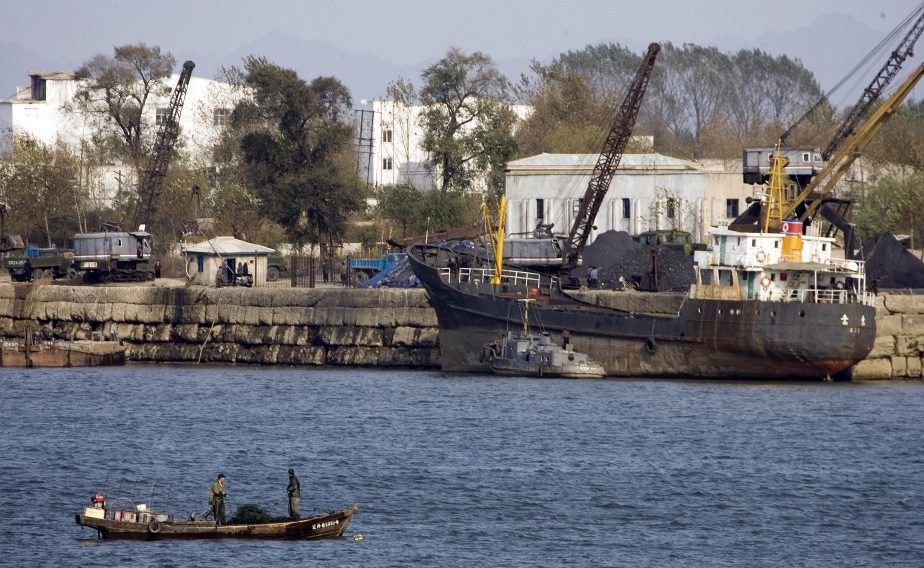A recent study published in Science Advances highlighted the robust scale of illegal fishing in the waters off the coast of North Korea by Chinese fishermen. By analyzing various types of commercial satellite imagery, the study found more than 900 Chinese vessels fishing in these waters in 2017, and 700 in 2018, amounting to what one researcher from Global Fishing Watch noted was roughly “one-third the size of China’s entire distant water fishing fleet.” Further research has shown similar levels of Chinese fleet activity in 2019.
Since 2017, the UN Security Council has banned all transactions involving North Korean seafood, including an explicit ban on the sale of fishing rights. But trade and transactions continue with a scale and persistence that is alarming, especially coming from predominately one country of origin — China. Despite Chinese government claims to “have prohibited ocean fishing operations in the DPRK sea areas” and to have implemented provisions that “prohibits procuring fishing rights from the DPRK,” several cases have been documented of Chinese fishing vessels caught fishing illegally in North Korean waters and holding DPRK fishing licenses.
Certainly, numerous evasion techniques can make detection and prosecution of these types of activities difficult, but there also seem to be few perceived consequences for getting caught, especially from the Chinese government. For instance, there is evidence of at least two Chinese companies in Hunchun and Ningbo with government ties openly advertising their brokerage of fishing permits from the North Korean government and the Korea Peoples’ Army (KPA). In 2019, the Haishangxian corporation in Ningbo was recruiting 100 boats to fish in North Korea’s exclusive economic zone (EEZ) from May through November that year, with a permit for unlimited fishing rights issued by the KPA.
Read the full article in The Diplomat.




